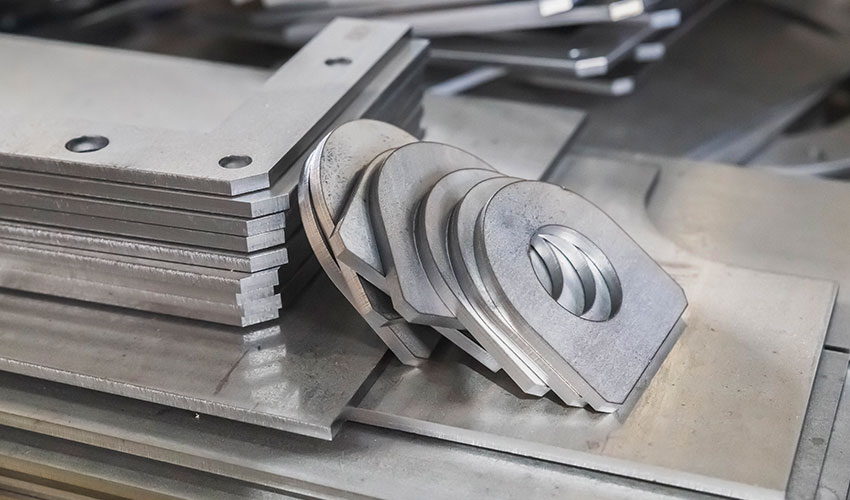Sheet metal fabrication is a versatile manufacturing process that plays a crucial role in various industries, from automotive and aerospace to construction and electronics. One of the key concerns in this process is minimizing material waste. Efficiently utilizing materials not only benefits the environment but also contributes to cost savings. In this article, we will explore several strategies and methods to reduce material waste in sheet metal fabrication.
1. Precision Cutting:
Precision cutting is fundamental to minimizing material waste. Utilizing advanced cutting methods, such as laser cutting and waterjet cutting, allows for highly accurate and intricate cuts. These methods reduce scrap and optimize material usage by creating minimal kerf, which is the material removed during the cutting process.

2. Nesting and Layout Optimization:
Nesting involves strategically arranging the component patterns on a sheet to maximize material utilization. Advanced nesting software can help engineers optimize the layout, reducing gaps and overlaps. Nesting software considers the shapes, sizes, and quantities of parts to determine the most efficient sheet arrangement.
3. Design for Manufacturability (DFM):
Collaboration between design engineers and sheet metal fabricators is essential for DFM. By involving fabricators early in the design process, potential issues, such as excessive material usage due to poor design, can be identified and rectified before production begins.
4. Recycling and Salvaging:
In many cases, it's possible to recycle or salvage materials from the scrap generated during the sheet metal fabrication process. By implementing recycling programs within the facility, companies can reduce waste and lower the environmental impact. Additionally, scraps can be reused for smaller components or repurposed for other applications.
5. Reusable Tooling and Fixtures:
Investing in reusable tooling and fixtures is a sustainable practice that reduces material waste. These fixtures are designed to accommodate a range of projects, enabling efficient production without the need for constant customization or disposable tooling.
6. Lean Manufacturing Practices:
Implementing lean manufacturing principles, such as Just-In-Time (JIT) inventory management, helps reduce overproduction and excess inventory. By producing only what is needed, manufacturers can minimize material waste and improve overall efficiency.
7. Continuous Process Improvement:
A culture of continuous process improvement encourages employees to identify and eliminate sources of waste. Regular process audits and reviews can lead to innovative solutions for reducing material waste, such as optimizing machine settings or refining production techniques.
8. Material Selection:
Choosing the right material for a specific application can also contribute to waste reduction. Opting for materials that are available in standard sizes or are easier to recycle can minimize material waste. Material selection should be based on both functional and sustainability considerations.
9. Education and Training:
Training employees on waste reduction and the efficient use of materials is essential. This includes raising awareness about the environmental impact of material waste and providing the skills and knowledge necessary to implement waste-reduction practices.
Minimizing material waste in sheet metal fabrication is not only a responsible environmental practice but also a cost-effective strategy. By focusing on precision cutting, layout optimization, recycling, lean manufacturing, and employee education, manufacturers can significantly reduce material waste while enhancing their efficiency and sustainability. These efforts not only benefit the bottom line but also contribute to a greener and more environmentally responsible industry.